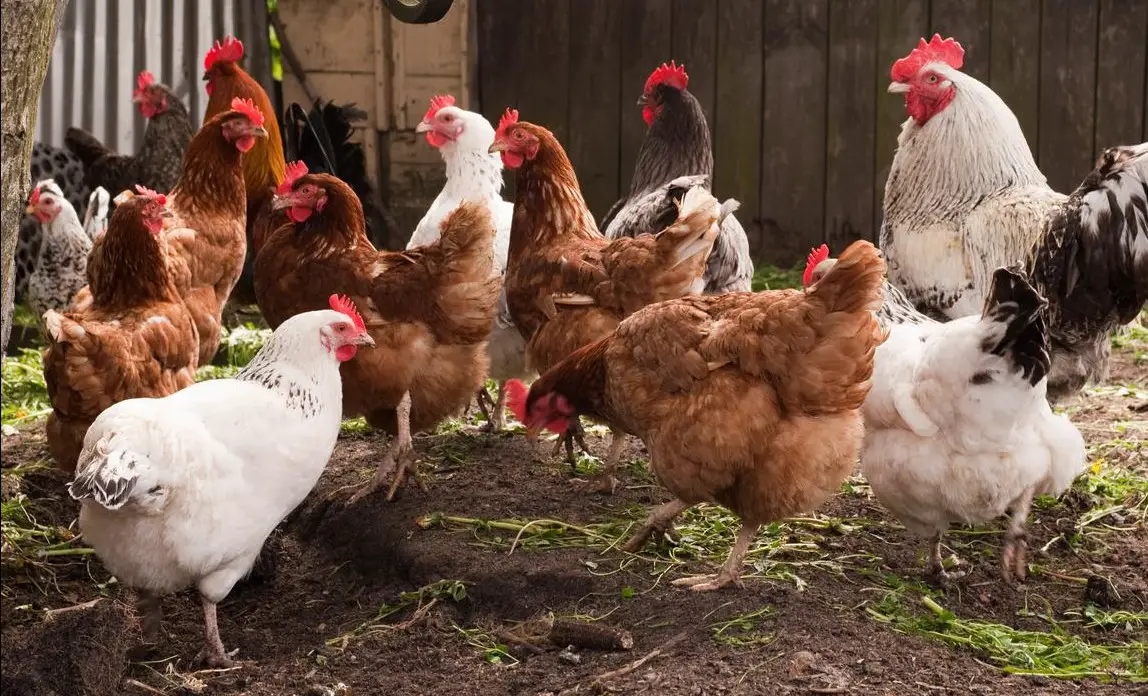The average American eats around 112 pounds of poultry annually and nearly 300 eggs. Starting a chicken farming business will help you tap into that demand and turn a profit.
But if you’re unfamiliar with the industry, you may not know the steps you should take to give your new business the best chance of success. That’s why we’ve put together this article.
Below, you’ll learn everything you need to know to start a chicken farming business that will turn a profit. So let’s get into it.
Start By Learning
The chicken industry is more diverse and complicated than you might initially expect. If you want your business in it to have the best chances of success, then you’ll need to take the time to learn.
You can study some of the aspects of this industry online with resources like Youtube and the U.S. Department of Agriculture. But you may also want to see if you can spend some time with a chicken farmer in your area to see how these businesses function daily.
Create Your Business Plan
Once you’ve familiarized yourself with the industry, you’re ready to create a business plan. This document will cover the details of how you will profit from a chicken farming business.
The following sub-sections cover the main questions you should ask yourself while creating a business plan.
What kind of products will you sell?
One of the biggest decisions you need to make as a new chicken farmer is whether you’ll sell eggs or meat. Of course, you can turn a profit with both options. But you typically don’t want to do both as a new farmer.
The kinds of chickens that you need depend on whether you’re looking to harvest eggs or meat. So if you try to do both right away, you’ll have significantly higher start-up costs and potentially too much work to handle right out of the gate.
What are your start-up costs?
Now it’s time to think about your expenses. What are the specific kinds of equipment and gear that you’ll need to start your business? Answering this question will determine how much capital you need to get the chicken farm up and running.
Some of the decisions you make while procuring equipment and infrastructure can significantly impact your farm’s production. For example, you may want to get a mobile range coop instead of a permanent one.
Mobile coops can be moved based on your changing needs. This doesn’t just give the chickens a better life. It also makes them more productive egg layers, which should help your business thrive.
It’s an example of how getting creative can help you create a chicken farming business that will thrive.
How will you stand out from other chicken businesses?
The next question you should ask is how you will stand out from the competition. Again, this is typically done through marketing.
For example, you might market your chicken farm as the farm that treats its animals the best. Or you might find a way to charge lower prices through an innovative chicken farming strategy or a specialized type of equipment like a mobile coop.
Once you’ve found your edge, it’s time to make sure people know about it. This might mean placing ads in local news sources or just selling your products in stores at lower price points than consumers are used to seeing.
Do you need funding?
Finally, before you start putting your business plan into action, you may need funding to get all the necessary equipment and infrastructure.
If you do need funding, then the banks you talk to will want to see your business plan. They’ll also likely ask for more detailed information about your company and how its leadership is structured.
This is another reason why it’s a good idea to start by creating a business plan.
Put Your Business Plan Into Action
All that’s left to do now is follow the blueprint you’ve just created with your business plan. Use it to get funding if you need to, and then take that funding and purchase infrastructure, equipment, and advertising for your new business.
Keep Growing and Adapting As You Go
As you run your chicken farming business, you’ll likely encounter unexpected difficulties at some point.
When those difficulties come, it’s important to learn from them and adapt your practices so that your business is more efficient moving forward than it was in the past. If you can continue growing and adapting as you run your business, then the sky is truly the limit for how successful you can be as a chicken farmer.


